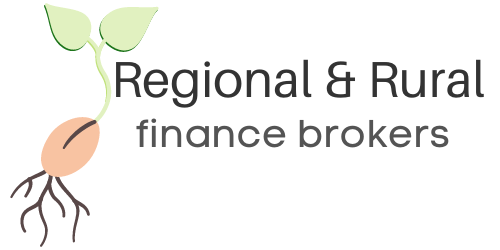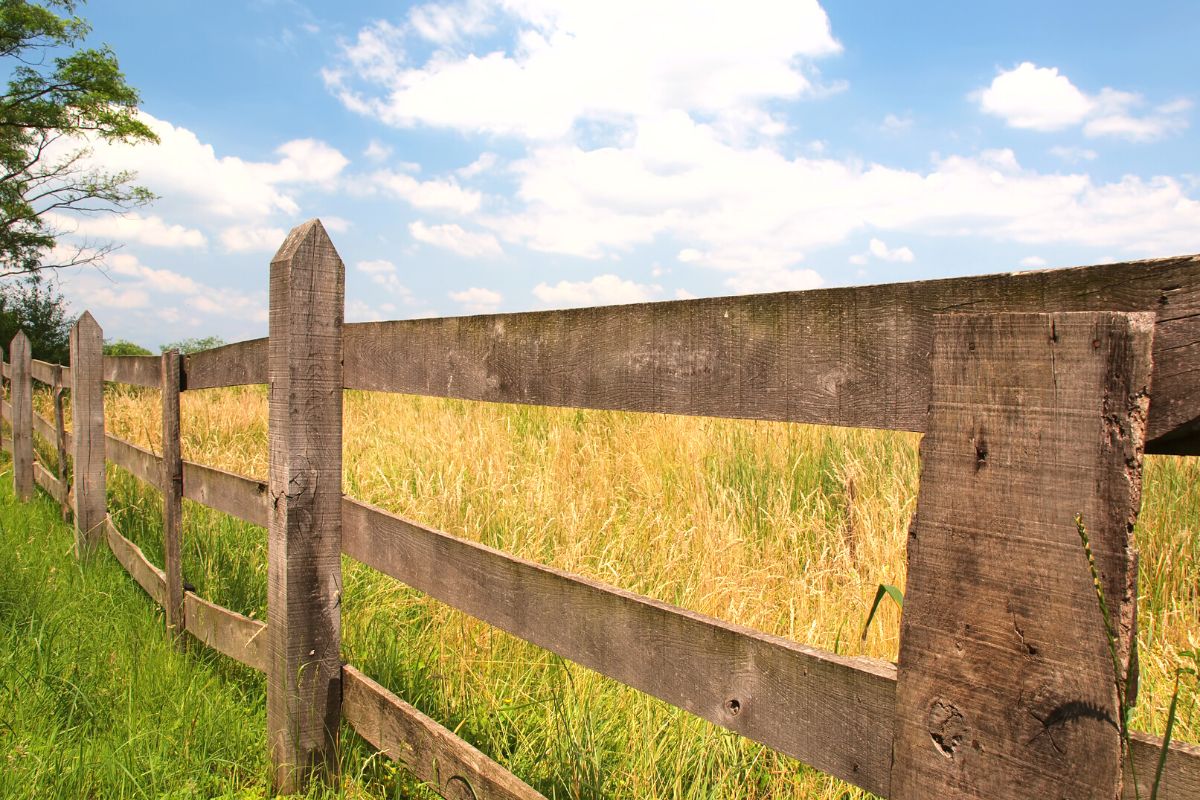All You Need To Know About Farm Fences
The thought of living or owning a farm is a wonderful idea. You’re surrounded by incredible landscapes and mother nature’s true beauty, harvesting a variety of crops, growing most of your own food, raising animals, it’s a serene and blissful life.
Let’s be realistic!
However, the reality of farm work is quite different. Yes, you get to experience and enjoy all of those things, however, what you don’t take into consideration is the amount of work that goes into running a farm, especially when you invest so much in livestock. It’s a non-stop grind which can be a thankless task and it’s only when you start you realize the level of detail it takes to maintain a farm.
One of these details is fencing. Having fences on your farm is imperative, and having the right fences is even more so. The fences mark out the land you own, deter trespassers, group your animals together, stop different groups from mixing, and keep your animals safe from predators!
Check Out: Livestock Finance Options and Farm Equipment Finance
What to Consider When Building a Farm Fence
There are a few key factors to consider when building your farm fence. Firstly, it is highly recommended to do a legal survey of your land so you know exactly where your land starts and ends. You want to do this so that you don’t run into any issues in the future with any of your neighbours. The hassle is far greater if you install permanent fences which go beyond your legal property and then have to uninstall just to reinstall again.
Secondly, you need to see what your needs are and divide up the land you have earmarked in accordance with that. For example, if you have 5 different kinds of animals to accommodate then you need to see how much space each flock needs, and who should be placed next to whom. Particularly with permanent fencing, it pays to think everything through before you install the fences as making corrections afterwards can be a long and arduous process.
Finally, you must have a clear budget for how much you will spend on your fences. The larger the land, the more it will cost you, but the costs involved in purchasing the materials can be quite high. Those numbers shoot up further if you decide to save your time and hire some help to do it. The numbers involved are all the more reason to ensure you take the time to get it right the first time.
Know your animals!
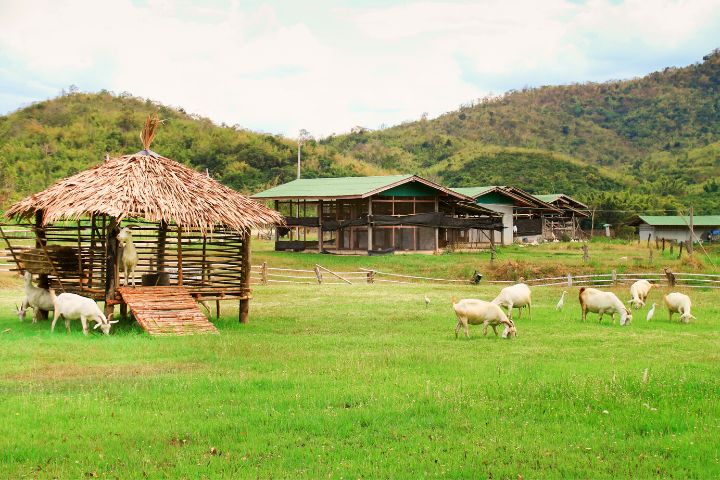
The fences you choose to install must vary depending on what animals you plan to have. As not all animals are the same, installing the wrong type of fence is a common mistake. Here is a breakdown of what type of fence is suitable for which animals.
Goats; are some of the trickiest animals to keep fenced. Their natural instincts lead them to try everything possible to try and escape and they are well equipped to do so. With the ability to jump very high, you need to make sure your fence has a good amount of height. Similarly, the fence needs to be as low off the ground as possible. With very strong grip strength, goats are known for digging under fences and crawling out. The space between the fence lines should also be close together as goats use their main weapon, their horn-equipped heads, to create space between the fence and then jump through.
Pigs; not as difficult to contain as goats, yet still a handful, pigs preferred escape routes are under fences. With a low center of gravity, pigs are happy to dig deep to find the end of the fence so it’s vital to install your fence deeper underground.
Horses; are tall and strong animals which require fences which can match their characteristics. What is certain is that their two ways of escape are by jumping over the fence (and horses can jump high!) or by using brute strength to break a fence down. Therefore it’s necessary to make sure your fence is of ultra-strong material and of significant height.
Sheep; the easiest of the lot, sheep are gentle and though they do try and escape, they don’t possess the same qualities as some of their counterparts such as goats, for example. Reasonable height, a bit deep underground and wires wrung close together should do the trick.
Types of Fences
Once you’ve figured out what your animals need, then you need to look at what types of fences are available on the market and decide which ones are best for you.
- Chicken wire fences – relatively lightweight, a chicken wire fence is easy to install and is designed to protect small animals (mainly chickens as the name suggests) from other smaller predators such as foxes. These are also often found in conventional gardens and are easy to get hold of.
- Barbed wire fence – an effective form of fencing, the barbs on this tightly woven wire are placed there for the curious types who need to feel the prick of the metal to teach them not to cross the boundary. Though great for animals with a calm nature, such as sheep, for bigger animals who tend to be more aggressive, the barbed wire fence will not do much to stop them from entering or leaving the area.
- Field fence – more suited for larger animals as it’s heavy-duty and strong. Within a field fence, you can get hinge-joint knot fences, more suitable for strong animals who can’t jump very high such as cows, or fixed-knot fences, which have very little flexibility.
- Horse fence – a sturdy fence which, when erected, has a good height to prevent a horse from jumping over it. Its unique feature is that its wires are smooth all around. This is so that a horse doesn’t scratch itself against the wire as horses are known to bump into fences which can cause their skin to break and bleed.
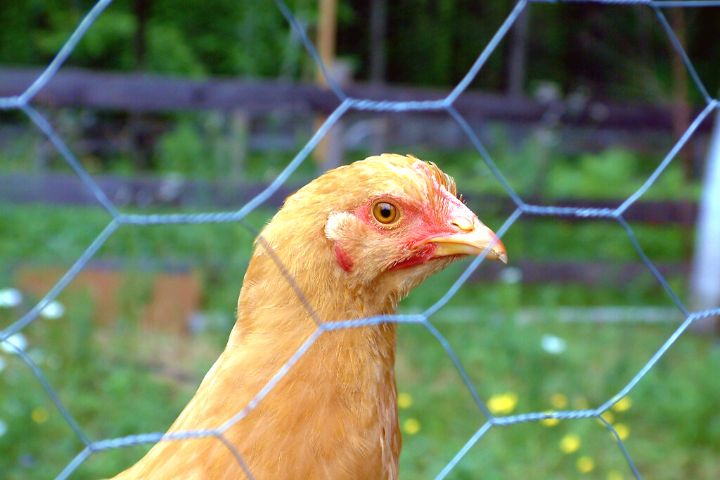
You must also decide whether you would like to install a traditional fence or a wire fence. So when weighing up the argument of wire vs traditional fence, you need to consider your budget and where aesthetics rank on your priority list. Though both do similar jobs, a traditional fence is usually made out of wood and is more suited for bigger animals which can’t get through the gaps. A traditional fence can also be quite strong and definitely is more pleasing to the eye out of the two options.
Wire fence on the other hand is considerably cheaper than a traditional fence. You also can have more options regarding its strength and adjustability. For smaller animals, for example, you can have the wires closer together to stop them from escaping. If you have a large space with a variety of farm animals in the house then wire fencing is probably your best bet. However, you can always mix it up and have part traditional, part wire fencing.
Solar Panelled Electric Fence
With the fast-changing times, rising electricity costs, and a growing need to be more environmentally conscious, solar-panelled electric fences are growing in popularity and are a good option for those who want to build with the long term in mind.
Giving you all the benefits of a regular electrical fence, having a solar-powered fence allows you to reduce costs as it uses the sun’s rays to electric power the fence. It continues to keep your animals safe whilst freeing up electricity to use elsewhere. Furthermore, as farms are usually located in rural areas where electricity can be an issue from time to time, these fences are not reliant on the electricity grid so they will continue to work regardless of any electrical issues.
The Cost of Fencing
As you’ve probably figured out by now, with so many different options of fences available to you, the price can vary greatly. The fencing material is charged by the meter, so make sure you know how much fence you need. In Australia, you can get fence wire/mesh for as little as $0.60 per meter, however, you get what you pay for. The average cost per meter should be between $10 and $20 per meter however this can easily rise depending on what you need.
You have options which rise from $30 per meter and can go all the way up to $100 per meter. The most expensive ones are electric fencing, which is why you should consider installing solar-panelled electric fencing.
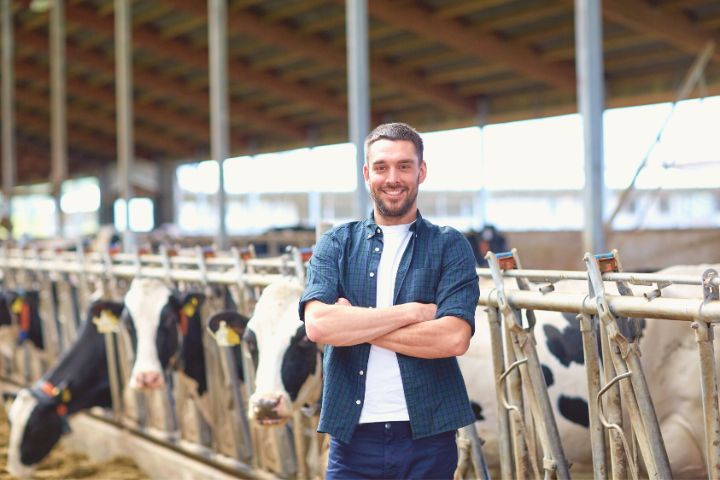
In addition to how much the material costs, labor can also be quite expensive. Of course, if you have the time and the expertise then you can do it yourself, however, most people are missing one or the other. In that case, you will need to employ fencing experts to come in and do the job. Laborers usually charge by the hour so it will depend on how big the job is, however, the average you can pay in labor costs can vary from $50 per hour to $150 per hour.
If you’re looking for a cheaper (although a bit riskier) option, you may want to consider installing a cattle grid.
FAQ’s
Will rainwater ruin my farm fence?
Your farm fence is designed for the outdoors so a normal amount of rainwater shouldn’t do any serious damage to it. You expect your fence to be resistant to most weather conditions, however, keep in mind that the more harsh weather it is exposed to, and the more general wear and tear it experiences, eventually your fences will start showing the signs and will need to be replaced.
This shouldn’t happen for at least a few years however and if of good quality and installation, it’s not unheard of for fences to last for decades.
My fence has broken! What should I do?
No matter what measures you take, this scenario is still quite common due to the nature of the work. From storms to aggressive animals, you can wake up one day to find a large section of your fence to be missing or broken down.
This can have big consequences, especially if that fence plays an important role in protecting your livestock. Firstly you should inspect the damage and ensure all animals are accounted for. Then try and use the materials on hand to find a temporary fix, and finally ring in the experts to come out and replace the fence correctly before any further damage occurs.
